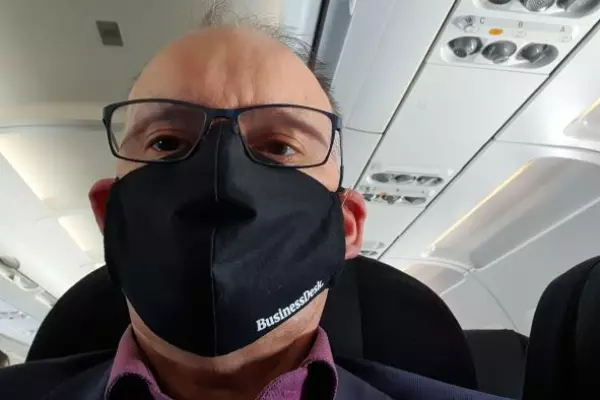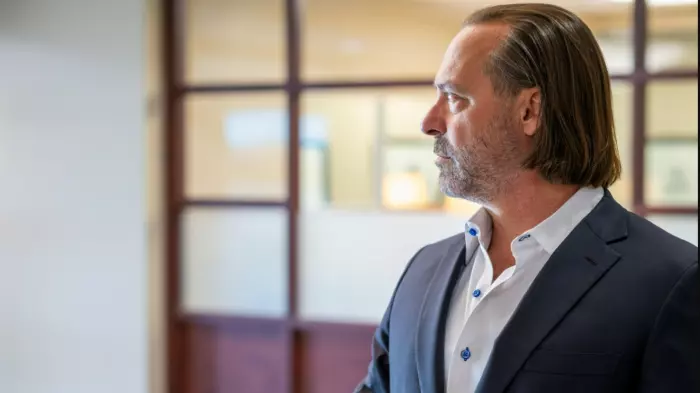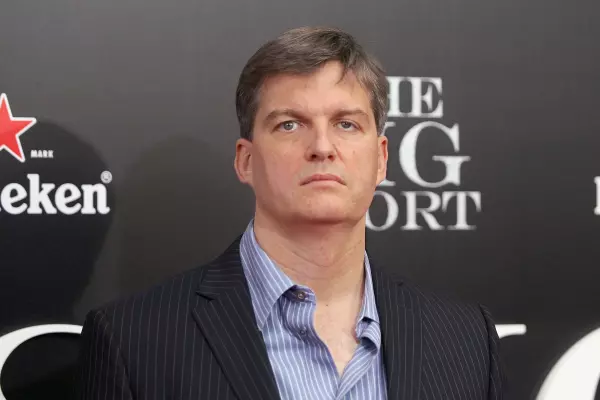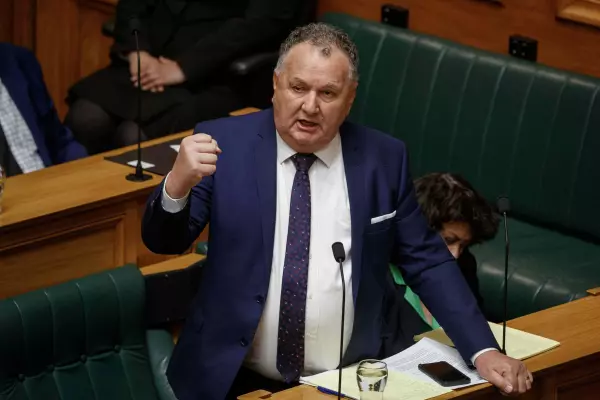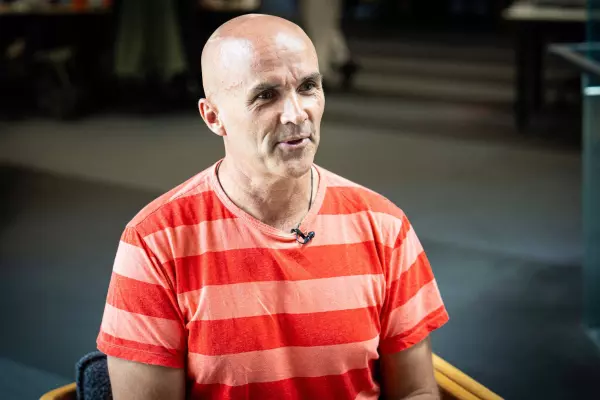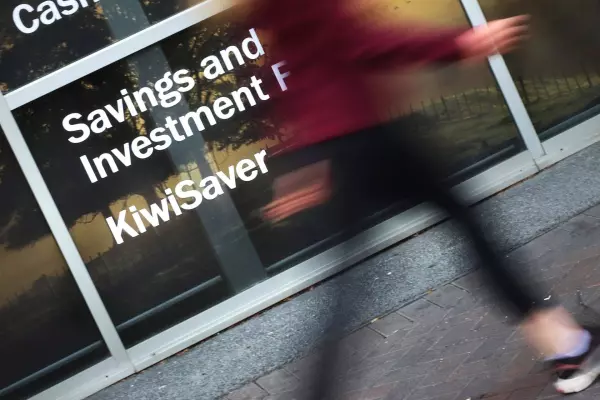“Help me, if you can. I’m feeling down. And I do appreciate you being around. Help me get my feet back on the ground. Won’t you please, please help me?”
It has been half a century since John Lennon penned the lyrics to “Help” – a song recorded by The Beatles in just 12 takes.
As Mental Health Awareness Week begins, those lyrics are as relevant – and revealing – as ever.
When someone experiences mental distress, we expect them to seek help. To confide in someone they trust. To admit they are struggling.
Public health campaigns encourage them to phone a helpline or visit their doctor.
But this assumes a person who feels stressed, anxious or overwhelmed will be able to wave a white flag. Most often, they will not.
As someone who has experienced depression, I know when your mind betrays you, the last thing you want to do is ask for help.
It takes a huge amount of courage to tell someone – whether it is a health professional, a close friend, or a complete stranger – you are not coping.
The fact so many Kiwis find the strength to contact mental health services is extraordinary. It is a testament to their determination to get well.
But we cannot continue to rely on people 'asking for help' when they are vulnerable, confused and broken.
If someone falls down a deep, dark hole, it is perfectly understandable they do not want to ask for help, because their perspective has been warped by their distress. In all likelihood, they do not even believe it is possible to get better.
For the rest of us, our role is not to stand at the top of the hole, yelling: “Why haven’t you asked for help yet?”
Instead, we can choose to climb down into the hole, so we can provide encouragement, companionship and support to the person who is struggling, and give them the security and confidence to begin the journey out.
This is what empathy looks like. This is what meaningful support looks like.
How do we do that in our workplaces and communities?
Simply, by paying attention. By listening to what someone is saying – and what they’re not saying. By taking a genuine interest in their concerns about the present and their hopes for the future.
Too often, we are so preoccupied by our own worries we fail to notice when someone close to us is trying to get our attention.
Telling them, “But I never knew you were struggling, because you never asked me for help” is lazy – and, frankly, offensive. We need to be more observant.
Recently, I have been asking business leaders to tell me about their wellbeing programmes. Some Kiwi organisations are doing a fantastic job, offering comprehensive, innovative wellbeing initiatives for their staff.
But other leaders can only point to the fact their company offers Employment Assistance Programme services.
This would be comical, if it wasn’t shameful.
EAP is very valuable, and every organisation should provide it. But in many cases, it is used as the ambulance at the bottom of the cliff.
We need to be far more proactive – aiming to prevent people from experiencing mental distress in the first place, rather than simply trying to undo its effects.
In workplaces, this requires a multi-pronged approach. It’s important to develop an organisational culture promoting and rewarding authenticity and vulnerability. It’s essential to have leaders who are willing to model behaviours promoting mental wellbeing and self-compassion.
We also need to reassess what good “help” actually looks like.
In New Zealand, we rely on mental health services to look after those who are experiencing distress.
There are good reasons for this approach. Mental distress is complex. Professionals are trained to support people in an appropriate, safe way.
However, our mental health system remains fragmented and underfunded. And when people do ask for help, it is often not available.
Most general practitioners are limited to 15-minute consultations. They do not have the time or resources to conduct a meaningful assessment of someone’s symptoms – let alone their life history, relationships and stressors.
Therapy, one of the most powerful and transformative tools in the mental health toolbox, remains out of reach for most Kiwis, because it is too expensive for them.
In many of our cities – and especially in smaller towns – people wait for weeks, or even months, for an appointment with a psychologist or psychiatrist.
When someone can’t access the services they need and deserve, their friends, family and workmates play an even more important role.
No one overcomes mental distress in a doctor’s clinic. We overcome mental distress in our homes and communities – by drawing strength from our relationships with other people.
Professional health services are really important. But it’s also worth recognising that all of us are providers of “help”.
To give someone a hand, you don’t have to be an expert. You don’t need to have all the answers.
Sometimes, you just need to show up.
Jehan Casinader is a Wellington-based journalist, and the author of “This Is Not How It Ends”, a book about mental health and storytelling (HarperCollins, October 2020).




